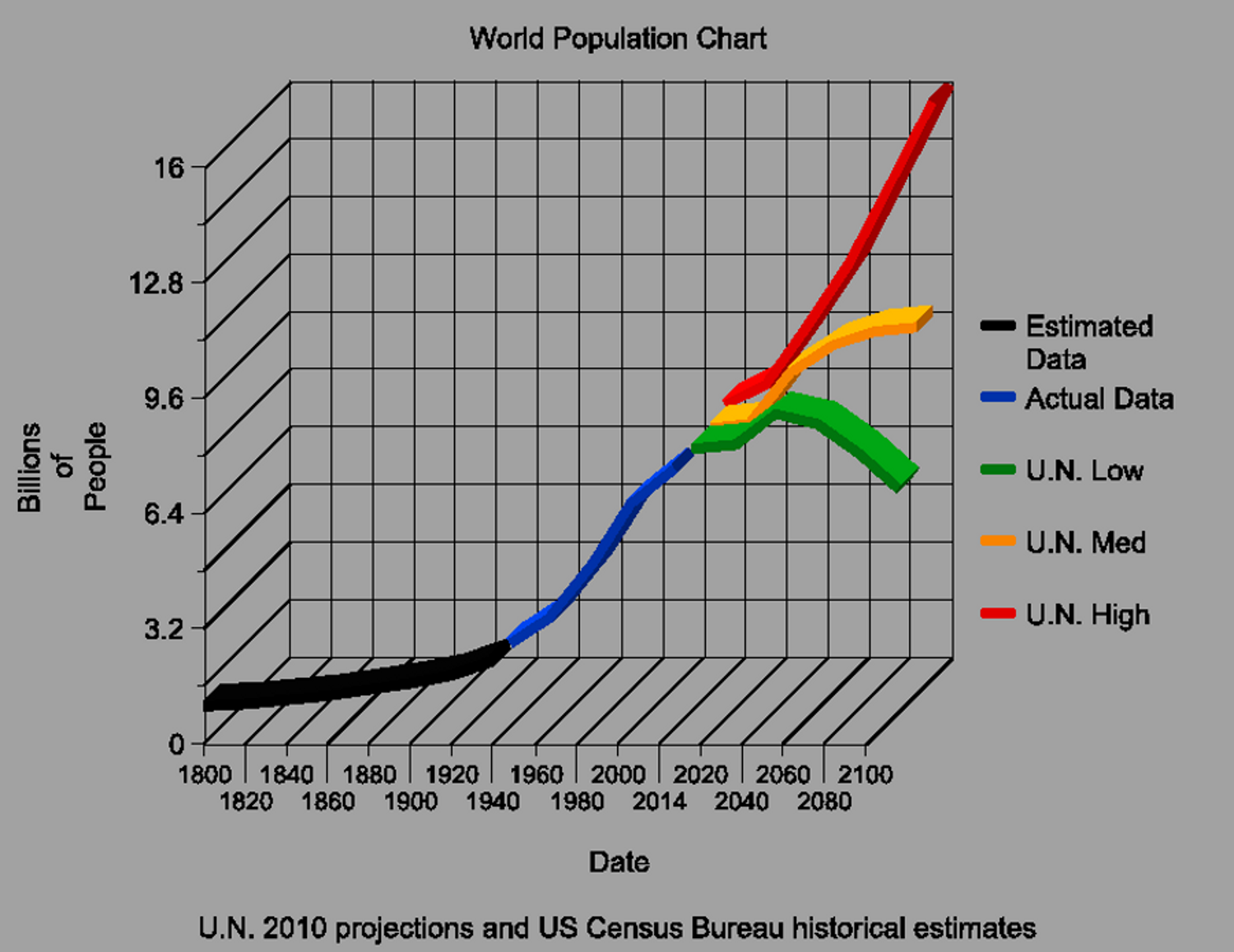Welcome to HCS Essay and Opinion Section
Transportation technologies and social media have physically and virtually connected our planet more closely together than any time in human history. Moreover, discoveries of antibiotics and advances in medicine in the 21st century have dramatically increased human life spans. In the United States, in 1900 the average life span was 47: today it is more than 80[1],[2]. During the same period, the US population grew from 76,212,168 to 317,320,284[4] and globally, earth’s human population has increased from 1.65 billion to 7.2 billion, a 332% surge[3]
Advances in health, the subsequent massive increase in world population, and the interconnectedness of the planet now clearly reveal the historical and institutional ties that link health care locally and globally. These relationships are now so tightly coupled, that structural changes in one part of the health system invariably have global implications; outcomes that are often difficult to predict or anticipate.
In light of these dynamics, HCS’s blog will address health and illness topics in a variety of areas including, but not limited to: virology, autoimmune disorders, neuropsychiatric disease, oncology, regulatory science, health care access, patient experience, and other matters related to health care and health care delivery. The opinions expressed are always the writer’s own.
The Affordable Care Act
Our inaugural blog, remarks on the remarkable expansion and implementation of health care access in the United States under the Affordable Care Act (ACA). Whatever one’s views on the ACA, it constitutes the largest major reform in health care access since the creation of Medicare and Medicaid in 1965. As of January 1, 2014 from 9-14 million Americans have obtained health insurance under the ACA, including: 2.1 million from the federal and state run websites, 3.9 million through Medicaid expansion, and 3.1 to 7.8 million young adults who remain on their parents policies until 26 years of age.[5] Keeping in mind that the 50 million Americans are estimated to be without health insurance, [6] the ACA will have to enroll 5 million persons annually to achieve near universal coverage of Americans in 10 years.
The increase in health insurance access will presumably lead millions of Americans to seek regular health care with broad implications for structural shifts in, among other things — health care costs, life expectancy, health care delivery systems,and health care provider shortages.
Please join us as and participate in the analysis and debate of these issues. Follow the guidelines to the right. On behalf of HCS, Happy New Year, 2014.
World population estimates from 1800 to 2100, based on “high”, “medium” and “low” United Nations projections in 2010 (colored red, orange and green) and US Census Bureau historical estimates (in black). Actual recorded population figures are colored in blue. According to the highest estimate, the world population may rise to 16 billion by 2100; according to the lowest estimate, it may decline to 6 billion. [7]


